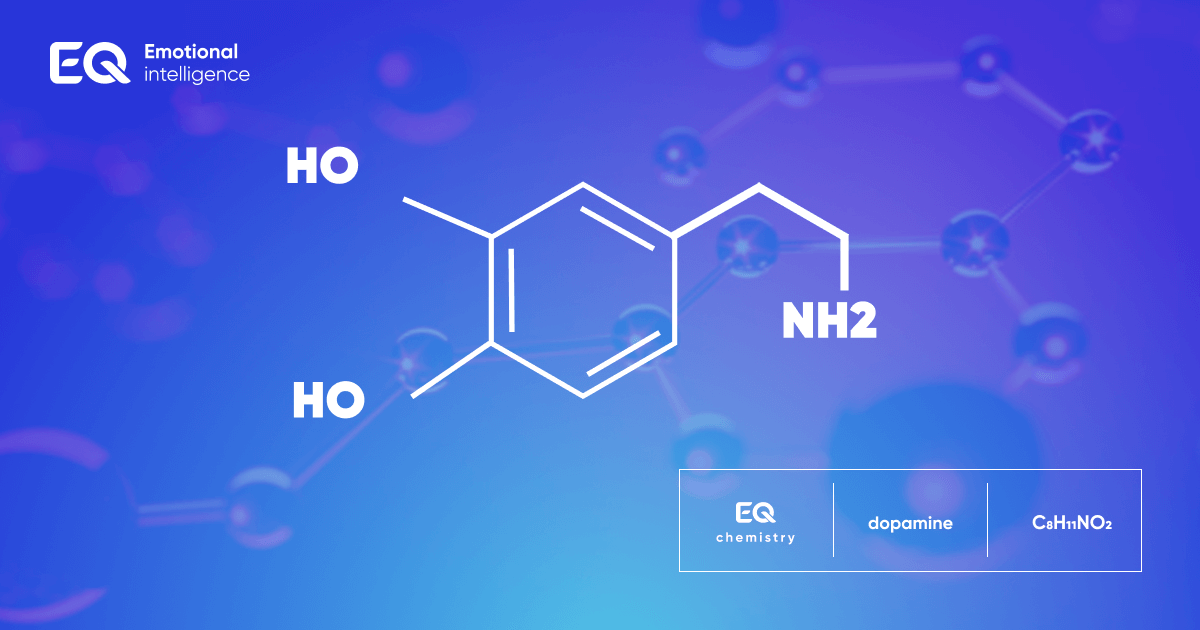LOVE is a feeling that unites so many forms and manifestations – from a state of lightness, inspiration and passion to wisdom, strong care and acceptance.
Falling in love, devotion, generosity, happiness, empathy and sympathy are the petals of love states, differing in shades and depth.
Let’s try to find out how these states and emotions are formed in our body with the help of chemicals – hormones and neurotransmitters.
You probably know that near a loving person, you feel warmth and calm – this is the manifestation of the first hormone in the “loving complex” – oxytocin.
OXYTOCIN is a hormone responsible for our social connections, a sense of belonging and belonging to something greater. This is a note of care and affection in love, especially when it comes to motherhood.
And by the way, about “concerns”. It is a hormone of touch and trust. Oxytocin is strongly released from pleasant contact with loved ones, hugs and massage. As soon as you felt a wave of trusting gaze or you yourself began to feel a warm feeling for a person, you also experienced a surge of oxytocin.
Oxytocin lowers levels of cortisol, a stress hormone. In addition to this
together with a “happy” group of hormones and neurotransmitters, oxytocin makes us feel good. Indispensable in teamwork – it gives the participants the feeling that they are in their right place.
High level of Oxytocin leads to dependence on other people, reduces independence in decision-making. Low level – gives a feeling of separation, detachment, inability to get help from the environment.
The next ingredient in LOVE is the hormone and neurotransmitter DOPAMINE.

DOPAMINE is a motivational target that reinforces pleasure in action. It’s like asking for a supplement if it was tasty and pleasant.
How does the body feel when dopamine is released?
+ heart rate increases – not much, but noticeably;
+ since the peristalsis of the stomach and intestines is inhibited – you can feel how the stomach “stirs up”;
+ blood pressure rises
If you feel childishly delighted, this is probably a consequence of the release of dopamine.
Another function of dopamine is a passion for new, a constant search for fresh feelings. Interestingly, the gene encoding one of the 5 dopamine receptors is responsible for the search for novelty. The length of this gene determines how difficult or simply a person can achieve peak states of pleasure – the buzz from simple things or sophistication in objects and actions.
A wave of dopamine overtakes after eating delicious food, high-quality sex, as well as from the individual characteristics and passions of a person – a successfully completed business, a written code or text, a learned verse, observing the joy of another person.
Low dopamine levels lead to lack of motivation and anxiety. The property for the manifestation of emotions may decrease – that is, not only the absence of joy, but also sadness is not felt. If lethargy and fatigue appear in the body, this may also indicate a lack of Dopamine.
Too high a level of dopamine leads to hyperactivity of the body and brain, making it difficult to fall asleep. Nervousness and a tendency to constantly seek novelty may appear – in food, sex, relationships, activities.
Dopamine rewards us with pleasure for a work done, makes the brain understand what needs to be remembered in order to enjoy it, and motivates us to take steps to this again and again. Of course, it’s important to keep balance in mind.
Let’s add SEROTONIN to the “Loving complex”.
SEROTONIN is a hormone and neurotransmitter often referred to as the hormone of happiness. Serotonin works to reduce susceptibility to negative emotions. This is our mood regulator: serotonin is normal – calmness and light joy in the soul; a decrease in levels leads to anxiety and insomnia, and too much free hormone will provoke unhealthy emotional arousal.
Serotonin “happiness” comes with a pleasant feeling of warmth in the chest. The mood rises, and at the physiological level, this leads to a decrease in the pain background, the anti-inflammatory properties of the body increase, and the peristalsis of the stomach and intestines is activated. The transmission of signals between neurons in the brain is accelerated – thoughts become clearer and more productive.
If too much serotonin is released into the bloodstream, a phenomenon called “serotonin syndrome” may occur:
– trembling in the body;
– dilated pupils;
– fever, chills;
-“goose” pimples;
-cardiopalmus;
-high blood pressure;
– muscle spasms;
– blurred consciousness
It is also interesting that the amount of a repeated piece of amino acids in the gene that transports serotonin determines a person’s ability to maintain a good mood and the speed of switching it from negative.
These are the main substances that “turn on” the state of LOVE. In addition to these, many other chemicals affect the body and sensations – for example:
PHENYLETHYLAMINE – works together with serotonin and dopamine, is responsible for the feeling of love, sympathy, warmth to the object.
ENDORPHINS are hormones that can induce euphoric states and protect a person from stress.
VASOPRESSIN is a hormone that, together with oxytocin, affects social connections. If oxytocin is responsible for rapprochement with “friends”, then Vasopressin – for distance from “strangers”.


Recent Comments